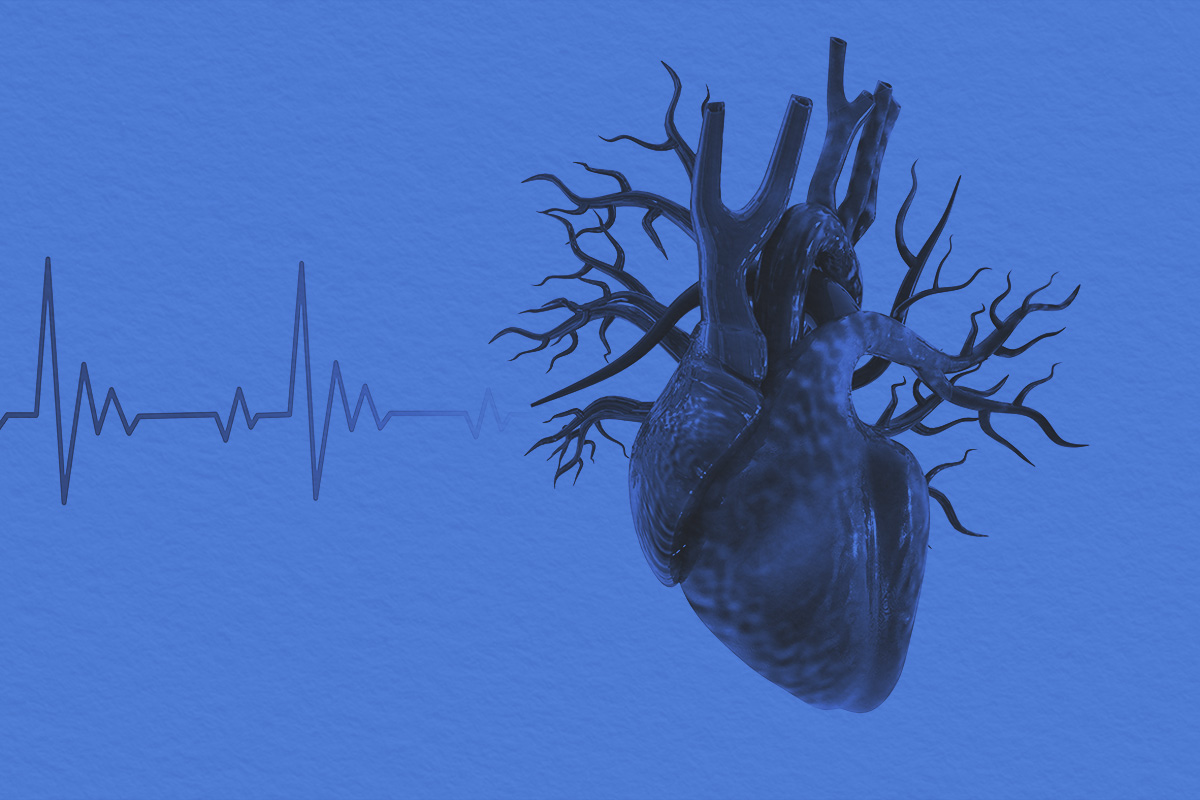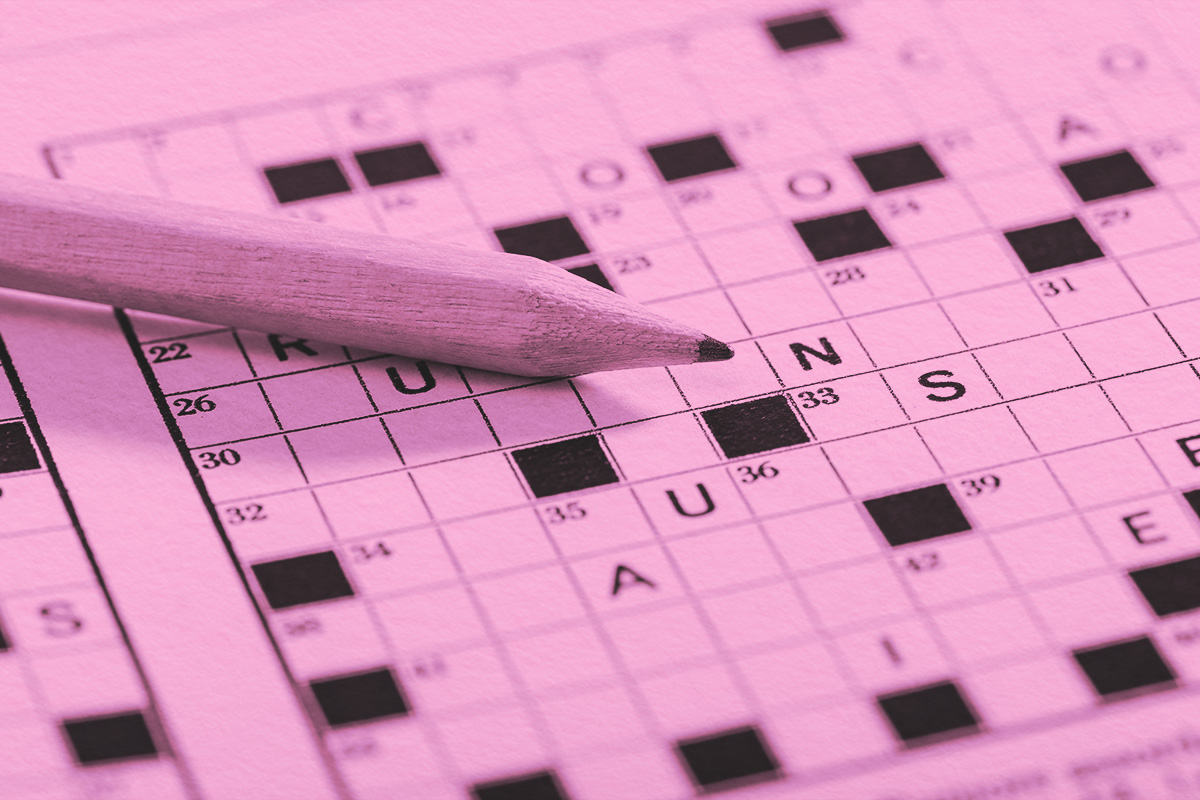Why do we say "eat your heart out"? | | With an origin story in an ancient Greek epic, this idiom is now used to provoke envy or make playful jabs. | |  | Bennett Kleinman |
|
| |  | | "E at your heart out" isn't just a great advertising slogan for an all-you-can-eat buffet. It's also a phrase most commonly used in a boastful manner to induce feelings of envy, regret, and other similar emotions. If someone tells you to eat your heart out, they might be lauding an accomplishment over your head. For instance, maybe you expressed some doubt they would get a promotion at work, and they want to brag a bit. As to why the heart was chosen out of all the organs for this phrase, perhaps it's because our hearts are so deeply intertwined with passion and emotions, unlike the kidneys or skin, for example.
The phrase's origins can purportedly be traced back to the Iliad, an ancient Greek epic likely written in the mid-sixth century BCE. Translations of this work — including this example from English professor Michael Delahoyde — depict characters metaphorically eating their heart out in a state of grief. In another translation, Bellerophontes is called out specifically: "But after Bellerophontes was hated by all the immortals, he wandered alone about the plain of Aleios (Aleus), eating his heart out, skulking aside from the trodden track of humanity." But these are modern interpretations of an ancient epic, and so it's important to understand that the phrase wasn't written verbatim in the original ancient Greek.
Much later, around the 16th century, "eat your/one's heart out" became a widely used metaphor. According to the Oxford English Dictionary, one of the earliest uses appears in a circa 1532 translation of the Hellenistic Greek phrase "μὴ ἐσθίειν καρδίαν," which essentially translates to "eat no heart." It wasn't long before the phrase evolved into the modern taunt.
"Eat your heart out" can be expressed in a lighthearted and satirical manner. If someone is hamming it up while filming a home movie, they might say "eat your heart out, Steven Spielberg." They're not talking to Steven himself but rather making fun of the situation and pretending to be a serious actor. While it does have ancient metaphorical origins, choose carefully whether you use "eat your heart out" satirically or as a taunt, as it can leave a negative impression. |
| | Continue reading | |  |
| |
| | Advertisers help keep Word Smarts free | |
Emoji Decoded | |  | | Rocket | | | Meaning: Depicts a spacecraft blasting off, complete with flames and a porthole.
Evolution: The Rocket emoji 🚀 can be used when discussing space exploration, but it's more commonly used to launch innovations, celebrate breakthroughs, or express enthusiasm.
Usage: [Text to a friend:] Just submitted my project! 🚀 |
|
 | | Rocket | | | Meaning: Depicts a spacecraft blasting off, complete with flames and a porthole.
Evolution: The Rocket emoji 🚀 can be used when discussing space exploration, but it's more commonly used to launch innovations, celebrate breakthroughs, or express enthusiasm.
Usage: [Text to a friend:] Just submitted my project! 🚀 |
|
| |
Have you read? | |  | | Bye Bye I Love You | | By Michael Erard | | Most dictionaries are compiled by lexicographers who practice a descriptivist approach — that is, they record language as it is used. That came to mind as I read Erard's introduction to this book about people's first and last words. He's a linguist who is aiming to document these bookends of a person's life, and while there's analysis involved, his approach seems to be to let the words speak for themselves, rather than to ascribe his interpretation. Speaking and witnessing these words are powerful moments in a lifetime, and this book is heartfelt, yet still thoroughly informative. | | | | Jennifer A. Freeman, Word Smarts Senior Editor | | | | We independently evaluate all recommended products and services. If you click on links we provide, we may receive compensation. |
|
 | | Bye Bye I Love You | | By Michael Erard | | Most dictionaries are compiled by lexicographers who practice a descriptivist approach — that is, they record language as it is used. That came to mind as I read Erard's introduction to this book about people's first and last words. He's a linguist who is aiming to document these bookends of a person's life, and while there's analysis involved, his approach seems to be to let the words speak for themselves, rather than to ascribe his interpretation. Speaking and witnessing these words are powerful moments in a lifetime, and this book is heartfelt, yet still thoroughly informative. | | | | Jennifer A. Freeman, Word Smarts Senior Editor | | | | We independently evaluate all recommended products and services. If you click on links we provide, we may receive compensation. |
|
| |
You might also like | |  | | | | What Is an Anagram? | | If you've played Scrabble or Spelling Bee, you're already an anagram expert. Let's learn more about this ancient wordplay. |
| | | |
| | Advertisers help keep Word Smarts free | |
|

No comments:
Post a Comment